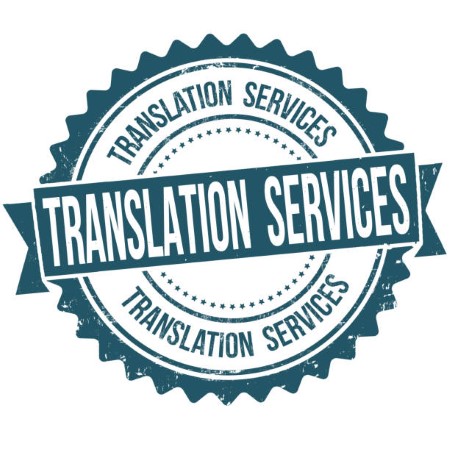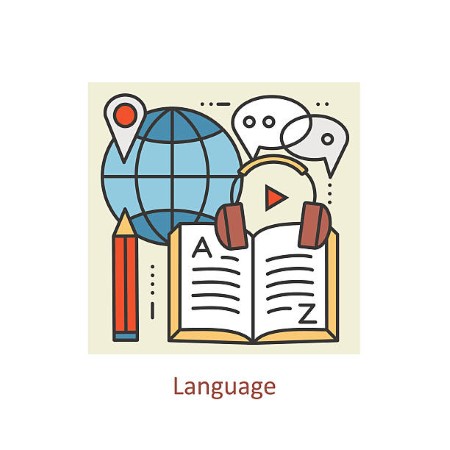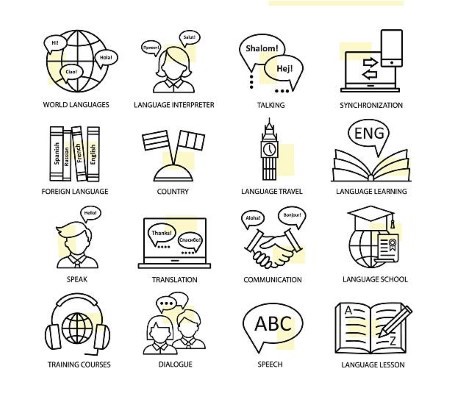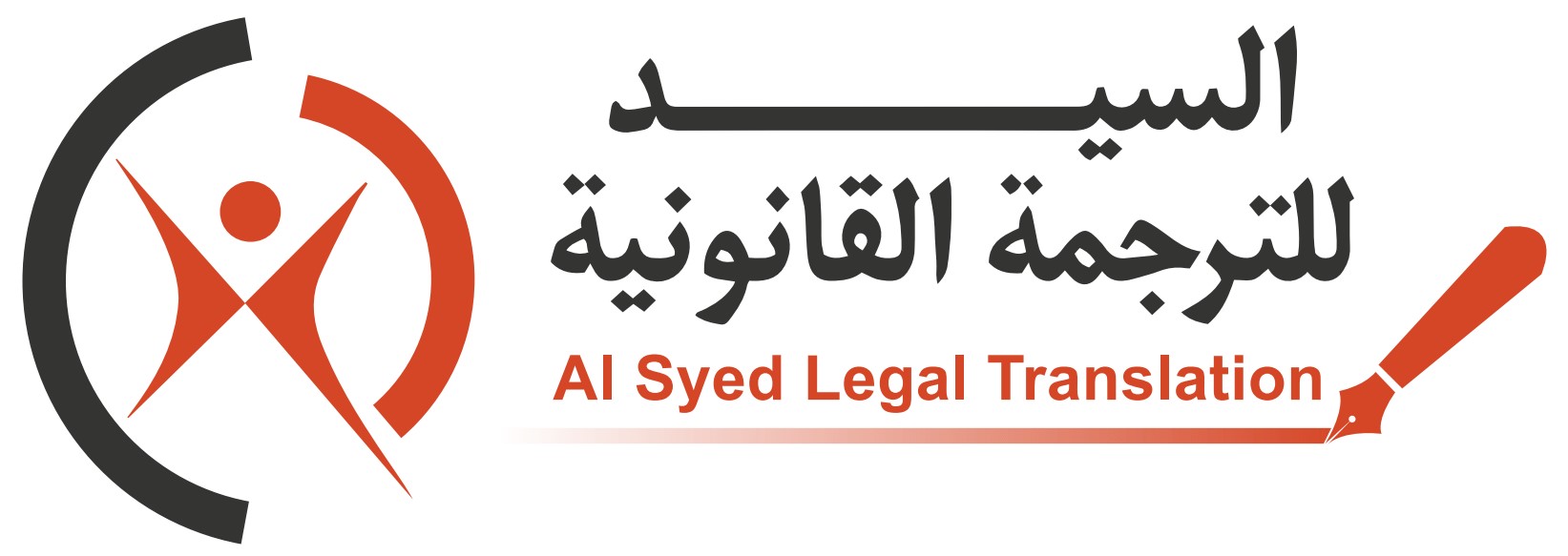
Ineffective communication








Legal Translation:
- Corporate & Commercial Legal Translation
- Financial & Banking Legal Translation
- Immigration & Visa Legal Translation
- Tax & Customs Legal Translation
- Personal & Family Legal Translation
- Real Estate & Property Legal Translation
- Employment & Labour Legal Translation
- Litigation & Dispute Resolution Legal Translation
- Intellectual Property Legal Translation
- Contract & Agreement Legal Translation
- Regulatory & Compliance Legal Translation
- Mergers & Acquisitions Legal Translation
- Insolvency & Bankruptcy Legal Translation
- Legal Document & Website Translation
- Judicial & Court Document Legal Translation
- Criminal & Civil Law Legal Translation
Medical Translation
- Clinical Trial Documentation Translation
- Clinical Research Translation
- Medical Device User Manual Translation
- Medical Record Translation
- Medical Device Labeling Translation
- Pharmaceutical Documentation Translation
- Medical Journal Translation
- Medical Textbook Translation
- Medical Software Localization
- Medical Terminology Translation
- Patient Education Material Translation
- Medical Device Software Translation
- Medical Website Translation
- Medical App Translation
- Medical Video Translation
- Telemedicine Translation
- Hospital Information System Translation
- Clinical Database Translation
- Clinical Protocol Translation
- Patient Information Leaflet Translation
- Medical Equipment Instruction Manual Translation
- Medical Billing and Coding Translation
- Medical Newsletter Translation
- Medical Marketing & Advertising Translation
- Medical Certificate Translation
- E-Learning Translation
- Healthcare & Wellness Translation
- Legal & Insurance Translation
Technical Translation
- Software Localization
- Website Translation and Localization
- Manuals and User Guides
- Technical Specifications
- Product and Instruction Manuals
- Product Descriptions
- Technical Documents
- Patents
- Legal Documents
- Technical Reports
- Safety Data Sheets
- Technical and Engineering Drawings
- Datasheets
- Technical Training Materials
- Standards and Regulations
- User Interface Translation
- Mobile App Translation
- Audio/Video Translation
- Technical Documentation
- Translation Automotive Manuals
- Equipment Manuals
- Safety Manuals
- Installation Instructions
- Service Manuals
- Scientific Articles
- Technical Presentations
- Technical Brochures
Website Translation and Localization
- Website Content Translation
- Website Internationalization
- Website Globalization
- Website Transcreation
- Multilingual copywriting
- Content Adaptation
- Multi-language Website Support
- Mobile Website Localization
- Software Localization
- Video Localization
- Quality Assurance (QA)
- Terminology Management
- Content Writing Services
- Language Copyediting
- Global Branding and Messaging
- Voice-Overs
- Multilingual Content Management
- Website Interface Translation
- Website Navigation Translation
- Multilingual email campaigns
- Multilingual Social Media Marketing
- Multilingual Digital Marketing
- Multilingual Online Advertising
- SEO content translation
- Image and Video Translation
Advertising Translation
- Copywriting and Editing Translation
- Social Media Translation
- Advertising Video/Audio Translation
- Website Localization
- Multilingual Advertising
- Print Advertising Translation
- Tagline Translation
- Brochure Translation
- Multicultural Marketing Translation
- Voiceover Translation
- Subtitling Translation
- SEO Translation
- Print Advertising Translation
- Radio Advertising Translation
- Online Advertising Translation
- Banner Ad Translation
- Telemarketing Translation
- Creative Advertising Translation
- Branding Translation
- Digital Advertising Translation
- Outdoor Advertising Translation
- Point-of-Purchase Translation
- Direct Mail Translation
- Brand Name Translation
- Local Market Research
- Video Subtitling
- Image Localization
- Tagline Translation
- Slogan Localization
- Advertising Collateral Translation
- Social Media Advertising Translation
- Digital Advertising Translation
- Localization for Advertising Campaigns
Marketing Translation
- Email Marketing Translation
- Marketing Collateral Translation
- Promotional Materials Translation
- Multilingual Copywriting
- Social Media Localization
- Multilingual Brochure and Flyer Translation
- Multilingual Email and Newsletter Translation
- Multilingual Catalog and Product Descriptions
- Multilingual Product Packaging Translation
- Multilingual Public Relations Translation
- Video dubbing
- Print advertisement translation
- Marketing strategy translation
- SEO and Keyword Translation
- Multimedia Translation
- Voiceover Translation
- Travel & Tourism
- Corporate Communications Translation
- Event Management Translation
- Graphic Design Translation
- Product Launch Translation
- Public Relations Translation
- Sales Promotion Translation
- Video Production Translation
- Transcreation of Digital Ads
- Online & Print Media
- Branding & Identity
- Customer Support Documentation
- eCommerce Content
- Product Descriptions
- Events & Trade Show Materials
- Video & Audio Content
- Press Releases & Public Relations Content
Publishing Translation
- Academic/Scholarly Publishing
- Technical and scientific publishing
- Literary publishing
- Professional publishing
- Legal publishing
- Educational publishing
- Government and corporate publishing
- Religious publishing Trade publishing
- Children's and young adult publishing
- Comics and graphic novel publishing
- Online publishing and digital media
- Audio publishing
- Multi-language publishing
- Localization
- Post-editing services
- Business and Marketing Publishing
- Subtitling and Dubbing
- Popular Publishing
- Government Publishing
- Technical Publishing
- Transcreation
- Magazine and Newspaper Translation
- Brochure and Catalog
- Book Translation
What Our Clients Say

Translation Services
Contact Us
We appreciate your interest in our services! If possible, please provide us with your contact details and a brief description of the services you are interested in, particularly translation services in Dubai. We will respond to you promptly. Thank you!



